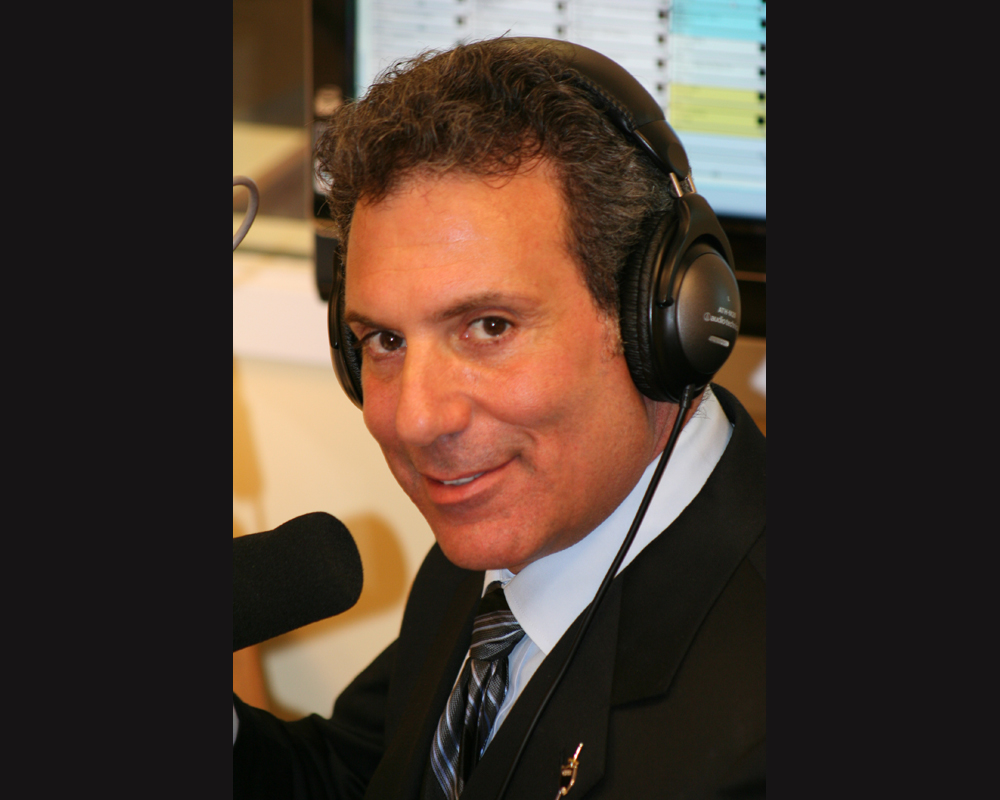If you read my blog post yesterday, you’ll remember that I spoke to Michael Smallberg of the Project on Government Oversight (POGO) early in 2012 about the revolving door between the SEC and the private sector financial industry. I wanted to give you a transcript of that interview in case you weren’t able to listen to it, or would rather read it in text form. I’ll be posting the transcript in sections over the next few days to make it easier to read and digest. So make sure you check back over the next week or two for the full transcript.
Phil Cannella: Now we have a very special guest on the phone today, Michael Smallberg is an investigator with the Project on Government Oversight. Let’s get Mike on the line and thank him for coming on. Hey Mike, thanks for coming on our show!
Michael Smallberg: Thanks so much for having me.
Phil Cannella: Give us a little insight on the Project on Government Oversight. That is a profit or non-profit agency? Government or non-government agency?
Michael Smallberg: We’re a non-profit, non partisan government watchdog group and we’ve been around for about 30 years now and we investigate cases of corruption and other misconduct and we’re trying to make the federal government more open, more ethical, and more accountable.
Phil Cannella: That’s a tough job to do, that’s like grabbing a spoon and going out to dig a mass grave.
Michael Smallberg: We’ve been busy, no shortage of work recently.
Phil Cannella: I’ve got two questions for you: How is your organization funded? Let’s start with that one. How is your organization funded?
Michael Smallberg: We have a policy of not taking money from any corporations or governments or unions or anyone who might have a financial stake in the outcome of our investigation. So most of our funding will come from foundations or individual donors.
Phil Cannella: Now is it possible that in the 30 years of your non-profit firm being around that that policy was breached?
Michael Smallberg: Were not aware of any examples of it. Were very careful to make sure there’s never an appearance that we’re doing an investigation because of a donation we’ve received. We’re often pushing the government to be more ethical about its dealings so it’s very important for us to do the same thing.
Phil Cannella: That’s great; I’m liking what I hear. The other question I have for you is, who decides what you investigate and what government agency? Because I think what you’re saying is all you do is investigate government agencies, so would that be restricted to the federal government, or state agencies as well?
Michael Smallberg: We typically restrict our investigations to federal government agencies. We’re a pretty small nonprofit so we have to pick and choose about which types of agencies we investigate. But a lot of our investigations actually start with tips from whistleblowers within the government or who work for federal contractors or companies overseen by the government who see evidence of really serious wrongdoing and we try to only investigate cases where there are really systemic problems. We’re also unique as a nonprofit because not only do we do those investigations, we also push really hard for reform to fix these problems. So for us it’s not enough to just expose a problem but we also try to push for solutions.
Phil Cannella: Now you said a very interesting word: systemic. My guess of that definition is that it’s a problem within that’s generating problems without. Am I close?
Michael Smallberg: I think that’s exactly right. So for example, a lot of what I do is investigating the SEC.
Phil Cannella: I want to stop you right there. Everyone investigates the SEC, and if you understand the SEC, isn’t the root of the problem there Congress? Because if the SEC sees a firm like Goldman Sachs, and we all know what Goldman Sachs got away with and all these other firms. And we all know that there are executives that go into the SEC, they put loopholes, or they say regulations in place to protect us, but they leave and they show financial firms how to go through those regulations or loopholes. So my question is quite short. The SEC has no ability to make any changes, all they can do is fine people, they can’t put anyone in jail, they very rarely take anyone’s license away (Bernie Madoff still has a securities license, whether he’s going to be able to get out and use it or not). Don’t you think the systemic problem is in Congress, the people who can make changes, and not the SEC? They’ve been in business for over 70 years! Nothing’s changed!
Michael Smallberg: I think you’re making a great point; a lot of it has come down to Congress doing a better job of actually overseeing the SEC. One example is the revolving door where people go straight from the SEC to working for Wall Street and for working for the industry they used to oversee. And at one point congress was considering requiring the SEC to provide more transparency about these revolving door movements and to make this information public but they ultimately decided not to include this provision in the Dodd-Frank financial reform laws. So that’s where POGO has come in and is actually trying to obtain much of that same information through the freedom of information act and we’ve made that public on our website because we think that’s an important resource for investors and other members of the public to see what public employees are doing with taxpayer dollars after they leave the government.
Phil Cannella: That is very interesting, give us your website so we can have our listeners, who care about what’s going on in our country, who care about all the money they’ve worked for to get them through retirement. So what is the website?
Michael Smallberg: You can find us at www.pogo.org. And if you search for the SEC revolving door, you’ll see a report that we did and what we did is we looked at a five year period from 2006 to 2010. We looked at statements that former SEC employees have filed when they’re essentially coming back to the agency, talking to their former colleagues but they’re representing firms on Wall Street and in the financial services industry that they used to oversee. So within this five year period from 2006 to 2010, we had nearly 800 statements filed by over 200 former employees who had gone through this revolving door. And we don’t mean to suggest that it’s a huge problem in every case but I think there are definitely examples of people who are looking at their time in government as a stepping stone to making a much higher salary working for a top law firm where they’re essentially representing the companies in the industries that they used to oversee, which in many cases has weakened the SEC’s regulatory effectiveness.
Phil Cannella: Effectiveness? I haven’t seen any effectiveness!
That’s all for today, but keep checking in for the full transcript of this groundbreaking interview.
Portions of this interview not pertaining to the main conversation have been edited to preserve the proper flow of ideas. For the full conversation, please refer to the audio recording, taken from the Crash Proof Retirement Show®






Pingback: A Transcript of Phil Cannella’s Interview with Michael Smallberg of POGO (Part 2)
Pingback: A Transcript of Phil Cannella’s Interview with Michael Smallberg of POGO (Part 3)
Pingback: A Transcript of Phil Cannella’s Interview with Michael Smallberg of POGO (Part 4)